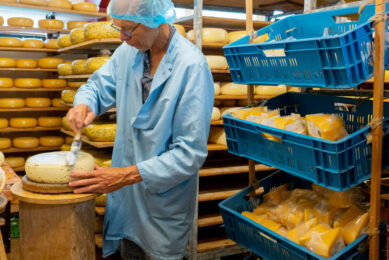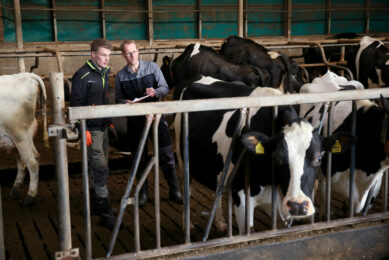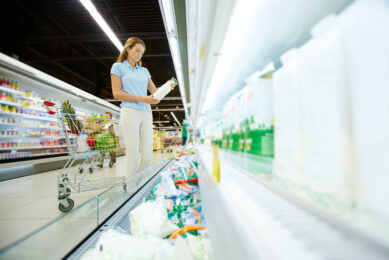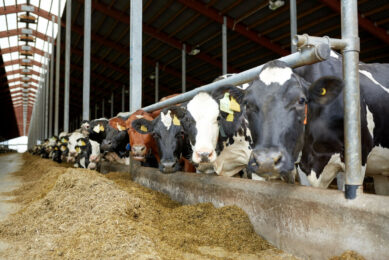Russia’s dairy industry unprepared for organic standards
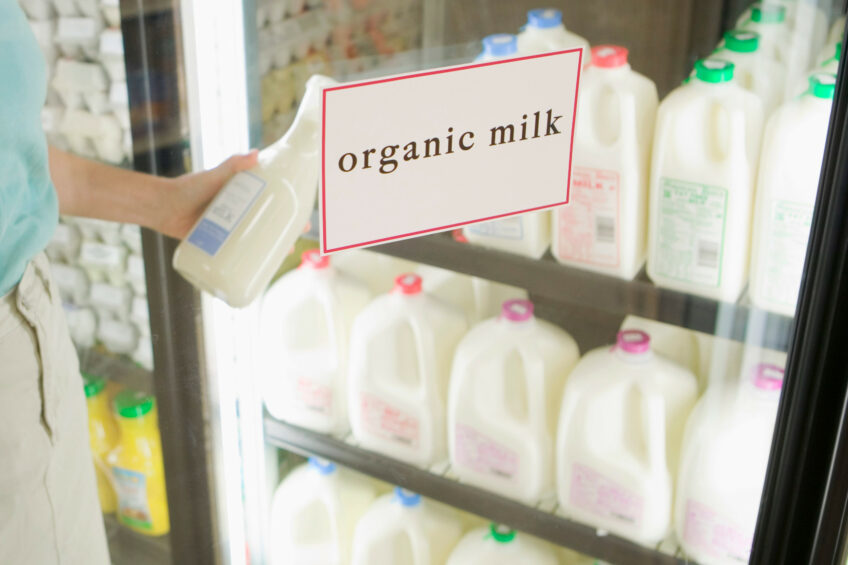
The Russian government has postponed the Organic Law from coming into force in response to dairy manufacturer concerns.
Under the law, Russian authorities planned to standardise the use of the terms ‘green’, ‘eco’, and ‘bio’ on food product labels. As a result, only manufacturers passing organic certification would be eligible to use words related to organic standards on their products and promotion campaigns.
As estimated by Soyuzmoloko, the law would affect roughly 14% of dairy products on the grocery shelves in the country.
Brand names on the line
Over the past years, Russian food manufacturers have widely used green terms in brand names and product advertisements to attract customers, and this practice was particularly common in the dairy industry.
Quite a few Russian manufacturers put a lot of effort into promoting their green brands, not having actual plans to turn them into organic, Lubov Aksenova, head of the GR&ESG department with EkoNiva, a prominent Russian dairy manufacturer, unveiled.
The new law would force these manufacturers to abandon their brands, hence losing the investment they pumped into it, Aksenova said.
Transition period needed
To minimise losses, she continued, the Russian dairy industry would need a transition period. In line with the international experience, it can range between 10 and 15 years, which would give legal manufacturers enough time to prepare.
Russian news outlet Milk News reported, citing local analysts, that registering a new brand would require an investment of at least Rub500 million (US$5.5 million) and around 1.5 years to complete all related procedures.
Passing organic standards is not always possible for dairy product manufacturers, given the nature of some products included in these brands. As a result, manufacturers may face a substantial drop in consumer demand, while retailers and consumers may see some of their favourite products disappear, potentially altering the landscape of the dairy market.
Organic market growth
As the Russian government estimated, organic products accounted for 0.13% of the range on Russian grocery shelves, worth Rub24.4 billion (US$250 million) in 2021. On the dairy market, the value of which is estimated at Rub1.5 trillion (US$15 billion), around 1.6% are organic products. Soyuzmoloko expressed confidence that restricting the use of some well-known brands would be meaningless.
Under the Russian strategy of organic industry development, organic product sales are due to grow nearly 12-fold through 2030.
Russian lawmakers admit the problem is real. Julia Oglobina, a member of the State Duma, the lower chamber of the Russian Parliament, agreed that the new law would jeopardise nearly 400 various brands and that some solution is needed to make the system work and not hurt the business interests of market players.
Join 13,000+ subscribers
Subscribe to our newsletter to stay updated about all the need-to-know content in the dairy sector, two times a week.



